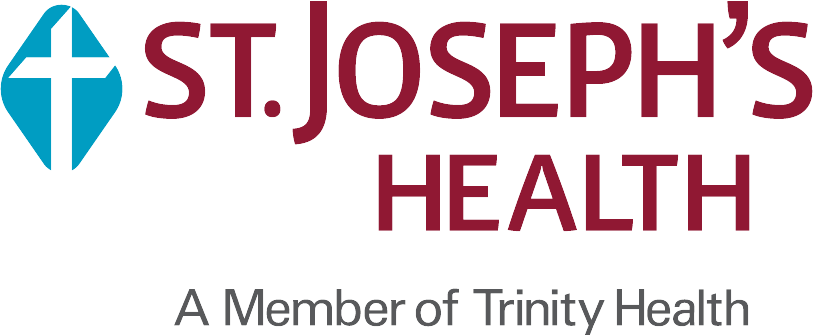St. Joseph’s Health Hospital First in Region to Perform New Procedure to Treat Atrial Fibrillation (AFib)
September 13, 2024A cardiac electrophysiologist at St. Joseph’s Health Hospital has performed the first cardiac ablation procedure in Syracuse, using the new FARAPULSE™ Pulsed Field Ablation System, a recently approved device for the treatment of atrial fibrillation (AFib). AFib is the most common heart rhythm disorder treated at the St. Joseph’s Cardiovascular Institute. 
“Traditionally we use thermal energy sources, so either we burn tissue with radio frequency energy or freeze the tissue with cryo,” said Dr. Al-Madamgha, Director of Cardiac Electrophysiology at St. Joseph’s Health. “The problem with those technologies is because they rely on the transfer of thermal energy, you can damage other structures around the heart like the esophagus or the nerve that goes to the diaphragm. Those complications can be transient, permanent, significant, or even lethal.”
The FARAPULSE PFA System, however, delivers a pulse waveform that cause instant cardiac cell destruction and death making it ideal for cardiac ablation.
“We can now offer patients a better ablation more safely,” said Dr. Al-Mudamgha. “The majority of patients not only need the area around the pulmonary veins ablated, they need the back wall ablated, too. Up until PFA we had no catheter-based technology to allow us to do that. Now, we can literally silence that back wall.”
In the two weeks since receiving the system. Dr. Ali Al-Mudamgha used it to treat persistent AFib in 25 patients. The majority of patients had been ablated with other technologies, but their AFib returned.
“The procedure only takes me 30 minutes. All the patients converted back to normal rhythm, and I completed the ablation of the back wall. They go home three hours later, and two days later they’re at full activity. This is a game changer.”
Any patient with AFib can benefit from the PFA system, especially those living with persistent Atrial Fibrillation. Call Dr. Al-Mudamgha’s office at 315-634-6699 for a consultation.
About Atrial Fibrillation - Atrial fibrillation (AFib) occurs when the top two chambers of the heart, the atria, beat too fast and with an irregular rhythm (fibrillation). AFib, the most common type of arrhythmia, can decrease the heart’s pumping efficiency, which can cause blood cells to pool and stick together, forming clots in the heart, and lead to stroke. People with AFib have a higher risk of stroke, heart failure and other heart-related complications than those with normal heart rhythms. AFib affects nearly two percent of the general population worldwide, and approximately seven million Americans live with this arrhythmia. An estimated 38 million people globally have AFib.
